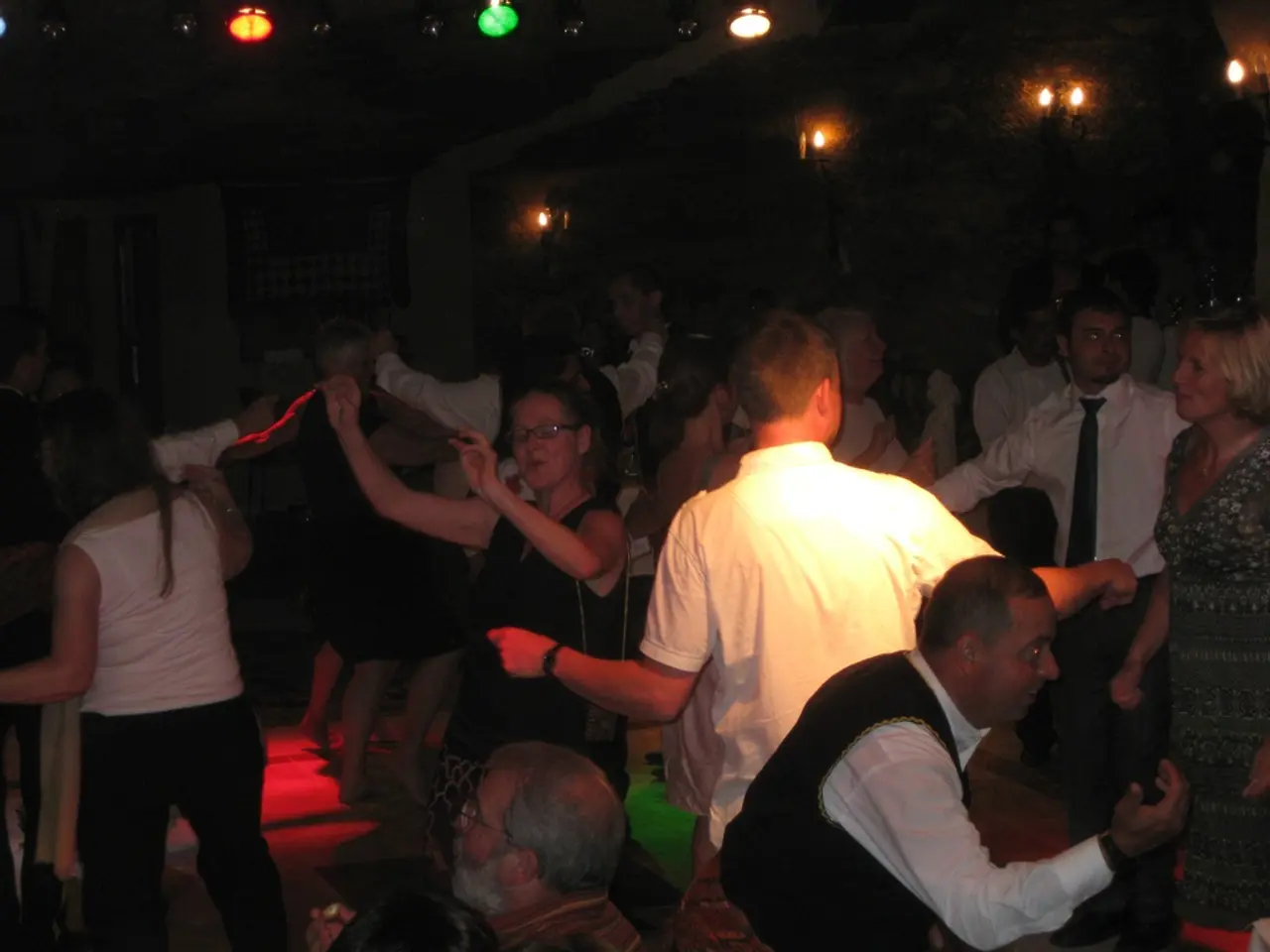UK Nightclubs Adapt Due to Generational Change and Rising Expenses
In the heart of southwest London, Pryzm Kingston, a popular nightclub, is undergoing a transformation. The venue, like many others across the UK, is grappling with economic pressures that have led to closures of hospitality sites at an alarming rate.
According to the Night Time Industries Association (NTIA), approximately 400 clubs have closed down since 2020. This trend is primarily due to heavy taxation, rising costs, and shifts in consumer spending habits, especially among younger people.
The night-time sector contributes a significant £153 billion ($203 billion) annually to the UK economy and employs around two million people. However, the sector is facing inflationary pressures and increasing employment costs, which are squeezing margins.
Many young adults, such as Conor Nugent, a 26-year-old account manager, are cutting back on nights out due to financial reasons. They prefer to save for concerts or special events rather than clubbing regularly, which affects nightclub revenues.
Industry leaders and groups, such as UK Hospitality (UKH), are urging the government to take action. They advocate for lower business rates, reforms to National Insurance Contributions, and cuts to VAT on hospitality to encourage investment, job creation, and consumer spending.
Experts also call for a fairer tax regime that supports growth and stabilizes the number of hospitality venues. There is an expectation that the market will polarize, with leading operators growing while others struggle, potentially driving further consolidation and strategic reinvention of nightlife venues to adapt to changing demand.
The government has announced plans to change regulations to support nightlife venues in certain areas. London Mayor Sadiq Khan launched an independent working group called the "Nightlife Taskforce" to address the city's nightlife issues. The taskforce is set to publish a report later this year.
Sadiq Khan was granted approval in March to overrule certain local authorities on early closures of pubs, restaurants, concert halls, and nightclubs. However, the mayor has expressed envy towards mayors in cities like Paris, New York, and Tokyo due to their powers regarding licensing issues.
The renovated Pryzm Kingston will be transformed into a smaller club and a dance bar. Neos Hospitality, the company that acquired about 20 clubs, including Kingston, has decided to convert some into dance bars or host alcohol-free events.
Despite the challenges, London's night-time sector still enjoys a well-established reputation. Carys Bromley, a 25-year-old who recently moved to London from the island of Guernsey, finds London's nightlife exciting and busy.
However, the sector continues to struggle with reputational issues and is often viewed as more of a counterculture element rather than an economic and cultural driver. Michael Kill, head of the Night Time Industries Association (NTIA), advocates for greater recognition of electronic music and club culture.
Tony Rigg, a music industry consultant, noted that the cost-of-living crisis has sent bills and rents soaring. Rekom UK, the company behind Pryzm and Atik, filed for bankruptcy in 2024, closing 17 venues across the country.
In summary, Pryzm Kingston and similar nightclubs face closures due to economic pressures like taxation, rising costs, and changing consumer preferences. The hospitality industry is advocating for government action to alleviate tax burdens and support the sector’s recovery and growth.
The transformation of Pryzm Kingston into a smaller club and dance bar highlights the changing landscape of the UK's home-and-garden sector, as nightclubs adapt to economic pressures and shifting consumer habits. The ongoing challenge for the night-time sector lies not only in addressing these economic pressures but also in redefining its cultural identity and gaining greater recognition as an essential contributor to the country's economy and lifestyle.




